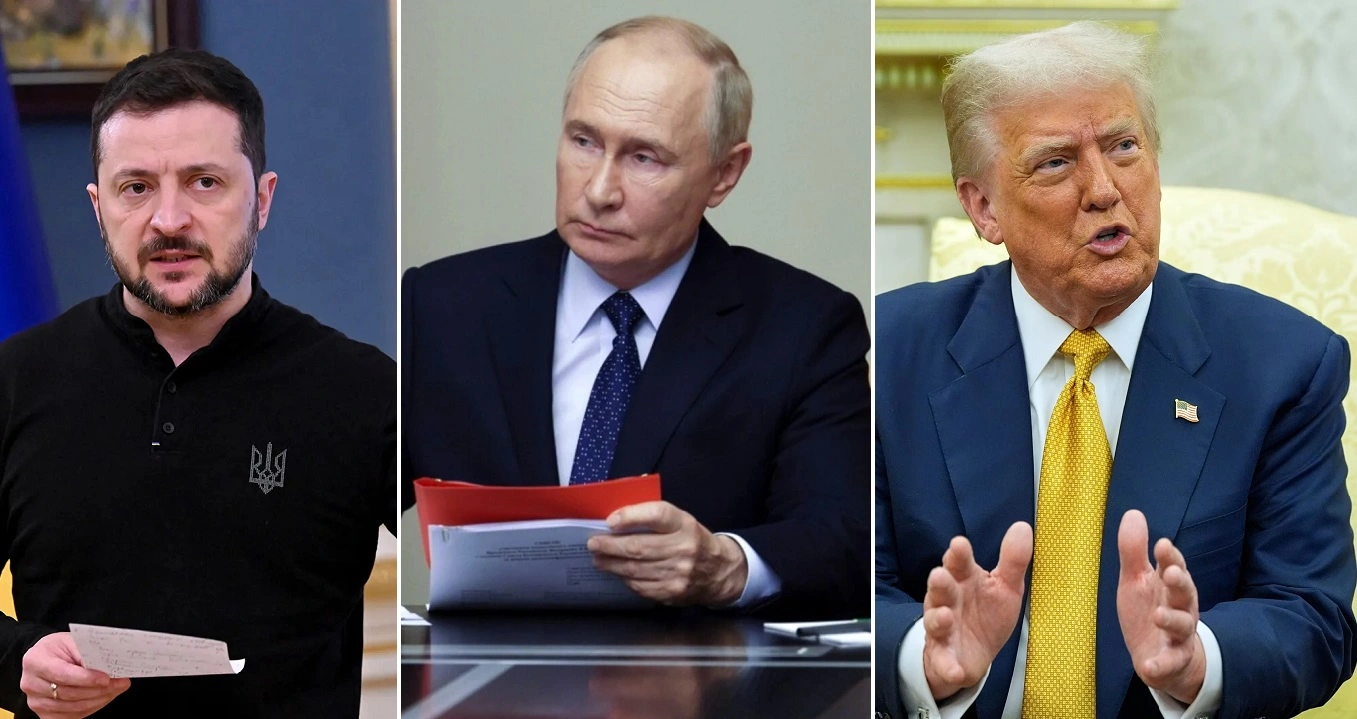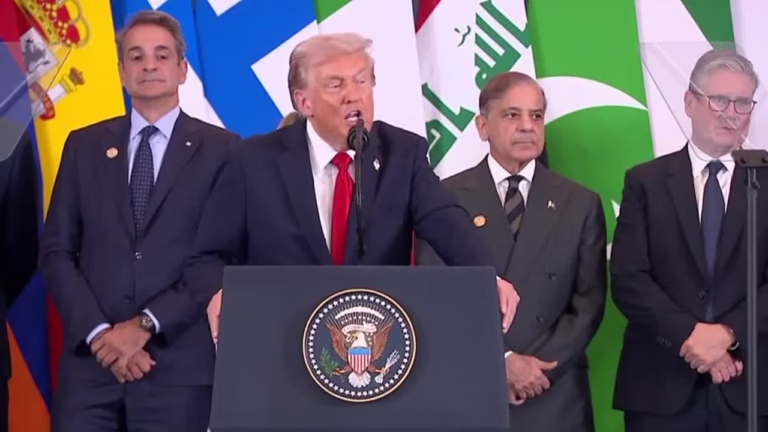Kyiv / Washington — August 9, 2025 — Ukrainian President Volodymyr Zelensky has issued an uncompromising warning that Ukraine will not cede any of its territory, as U.S. President Donald Trump prepares to meet Russian President Vladimir Putin for high-stakes peace talks in Alaska next week.
The summit, scheduled for August 15 in Anchorage, will mark the first time Trump and Putin meet in person since Trump returned to the White House in January, and the first U.S.–Russia summit on American soil since the Cold War. According to the White House, the primary agenda will be negotiating an end to the ongoing conflict in Ukraine, now entering its fourth year since Russia’s full-scale invasion in 2022.
Zelensky’s Categorical Rejection of Territorial Concessions
In a video address posted on Telegram late Friday, Zelensky dismissed any possibility of Ukraine giving up territory in exchange for peace.
“Ukrainians will not give their land to the occupier,” Zelensky said. “Our constitution prohibits the surrender of territory, and our people will never accept such terms. Any decision made without Ukraine is a dead decision that will not bring peace.”
The remarks came after Trump hinted earlier in the week that a potential peace framework could involve “territorial adjustments,” a suggestion widely interpreted as an openness to allowing Russia to retain some of the regions it currently occupies. Trump did not provide specifics but said any deal “must be realistic and save lives.”
Ukraine’s Allies Close Ranks
Kyiv’s Western partners have rushed to back Zelensky’s stance. British Foreign Secretary David Lammy and U.S. Vice President JD Vance met in London with Ukrainian and European representatives to discuss a U.S.-led peace plan.
Lammy reaffirmed the UK’s position that “nothing about Ukraine should be decided without Ukraine,” while French President Emmanuel Macron stressed that European security depends on respecting Ukraine’s sovereignty.
The talks in London were described by Zelensky as “constructive,” but officials in Kyiv remain wary that the Alaska meeting could result in a deal struck over their heads.
The Stakes in Alaska
The choice of Alaska as the summit venue has raised eyebrows. Historically, the territory was part of Russia until it was sold to the United States in 1867, and Moscow has occasionally invoked that history in propaganda narratives.
Analysts say the location is a symbolic nod to both nations’ complex history, but warn it could also be used by the Kremlin to frame the talks as a geopolitical bargaining session between two great powers — sidelining Ukraine in the process.
The war in Ukraine has reached a grinding phase. While front lines have shifted little in recent months, Russian forces still control significant portions of eastern and southern Ukraine, including Crimea, which Moscow annexed in 2014.
Ukrainian officials fear that any territorial concessions could set a dangerous precedent, effectively rewarding aggression and encouraging further destabilization in Europe.
Domestic Pressures
Trump faces political pressure to deliver on his campaign promise to “end the war in 24 hours,” while Putin is eager to lock in battlefield gains without further costly offensives. Both leaders are expected to frame the talks as a chance to save lives, but critics warn that rushing an agreement could leave Ukraine vulnerable and undermine international law.
For Zelensky, the stakes are existential. Ukraine’s constitution explicitly forbids ceding land, and public opinion strongly opposes giving up territory — even in exchange for peace. A recent poll by the Kyiv International Institute of Sociology found that 82% of Ukrainians reject any deal involving the loss of territory, a figure largely unchanged since the early months of the war.
As the clock ticks toward the Alaska summit, Zelensky’s defiance sets the stage for a tense diplomatic showdown — one in which Ukraine’s future borders, sovereignty, and political survival could be on the line.

Myself Aditya and I am from Mumbai, India. As an intern, I joined the local news agency in Mumbai named “The Mumbai News”. Now I am working with various News Agencies and I provide them reports from Mumbai and other parts of India.













